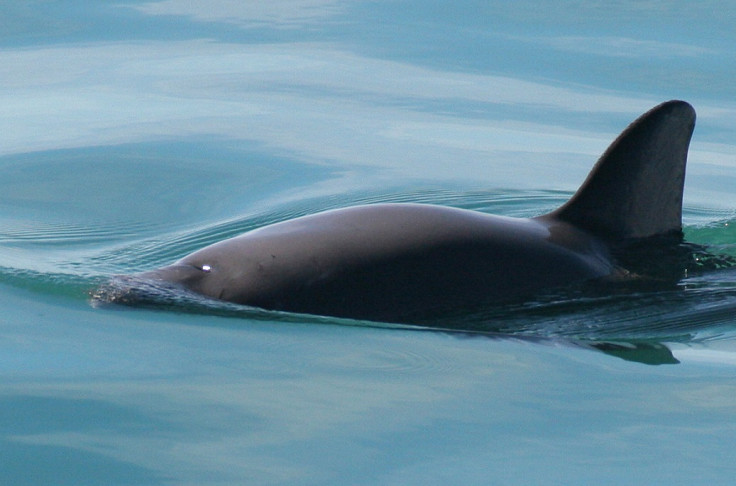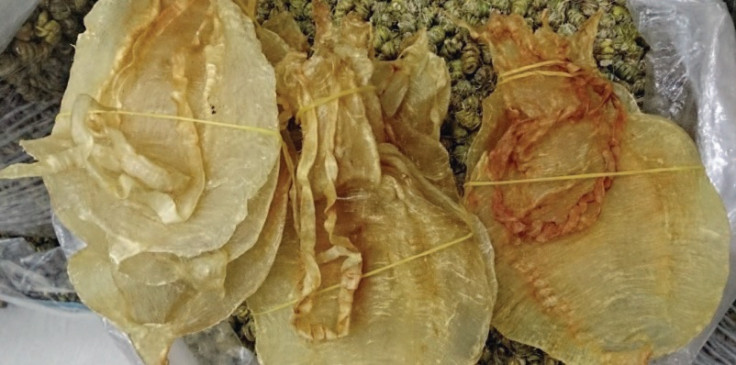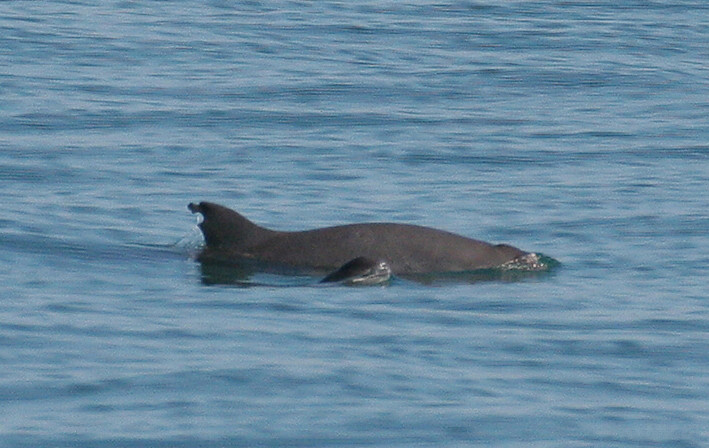Mexico's gillnet ban becomes permanent to save near-extinct vaquita porpoises
As only about 60 vaquita porpoises survive today the ban is crucial to avoid extinction of the species.

Efforts to protect vaquita porpoises in the Gulf of California have been stepped up, as Mexico announced that a permanent ban on fishing gillnets would be implemented from September. Since 2015, the Mexican government had imposed an emergency two-year ban but there were concerns that it would not be renewed, so this is a welcome news.
The vaquita porpoise is the world's most endangered cetacean, with only about 60 animals remaining today, according to recent estimates. Found in the Gulf of California, these small marine mammals often get caught accidentally in gillnets and drown.
More porpoises die each year in that way than are being born, and it is believed that the population has declined by 92% over the last two decades.
The gillnets that kill so many vaquita porpoises are often put up illegally to catch an endangered fish, the totoaba. Its swim bladders – known as "maw" – sell for around $8,500 (£6,000) per kilogram in Hong Kong and China.
Totoabas are considered as traditional seafood there, in the same vein as shark fin, sea cucumber or abalone. They are thought to bring many health benefits, although no study to date corroborates this. Vaquita porpoises are the collateral victims of this illegal fishing business.
Implementing the ban
The temporary ban implemented in May 2015 already helped save many vaquita porpoises. Now that it has become permanent, there are hopes that the animals can bounce back from the situation of near-extinction they currently find themselves in. However, there are still concerns among animal welfare groups that the Mexican authorities will struggle to properly implement the ban.

"We are greatly encouraged by Mexico's stated commitment to permanently ban all gillnets in all fisheries throughout the vaquita's entire range — a step scientists have long recommended to stop vaquita from becoming entangled in Mexican fishing nets", The Animal Welfare Institute commented in a statement.
"But to truly save the vaquita, the Mexican government must go beyond policy pronouncements and commit financing, staff, and political will from the highest level to ensure that ban is fully and diligently enforced on the water".
In particular, charities call on Mexico and the US to work more closely with China in order to curb the demand for totoabas, as well as to take stronger measures against those who participate in illegal fishing.

"Together, Mexico, the US, and China can take urgent and coordinated action to stop the illegal fishing, trafficking, and consumption of totoaba. By ending totoaba poaching, we are safeguarding the future of the vaquita", concluded WWF-Mexico's CEO, Omar Vidal.
© Copyright IBTimes 2025. All rights reserved.






















